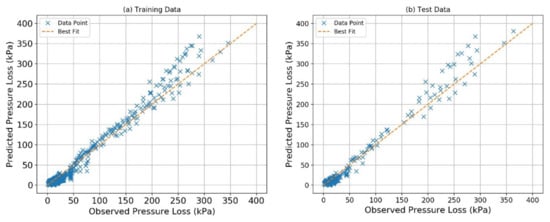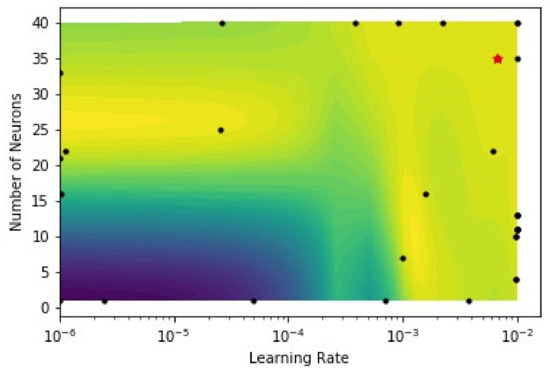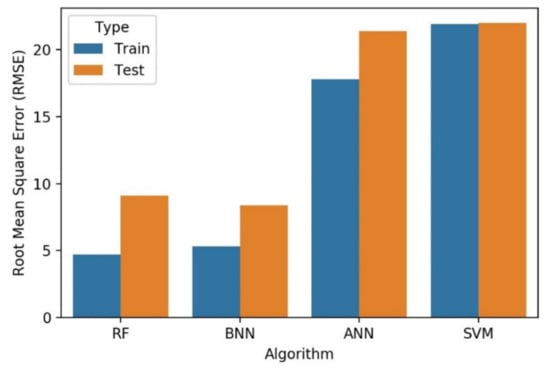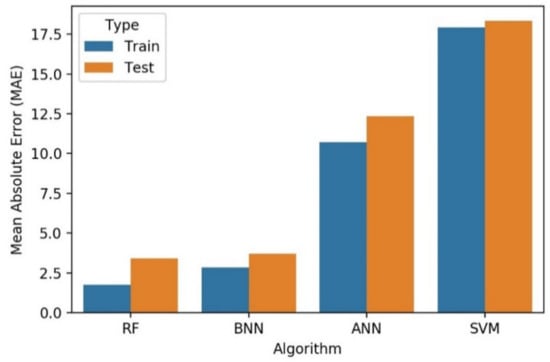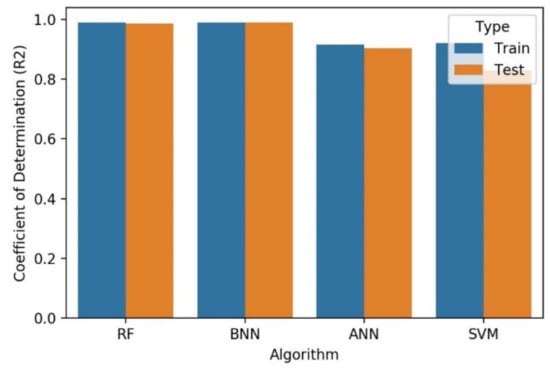Machine Learning Methods for Herschel-Bulkley Fluids in Annulus: Pressure Drop Predictions and Algorithm Performance Evaluation
Abstract: Accurate measurement of pressure drop in energy sectors especially oil and gas exploration is a challenging and crucial parameter for optimization of the extraction process. Many empirical and analytical solutions have been developed to anticipate pressure loss for non-Newtonian fluids in concentric and eccentric pipes. Numerous attempts have been made to extend these models to forecast pressure loss in the annulus. However, there remains a void in the experimental and theoretical studies to establish a model capable of estimating it with higher accuracy and lower computation. Rheology of fluid and geometry of system cumulatively dominate the pressure gradient in an annulus. In the present research, the prediction for Herschel-Bulkley fluids is analyzed by Bayesian Neural Network (BNN), random forest (RF), artificial neural network (ANN) and support vector machines (SVM) for pressure loss in the concentric and eccentric annulus. This study emphasizes on the performance evaluation of given algorithms and their pitfalls in predicting accurate pressure drop. It is found that the predictions of BNN and RF exhibit the least mean absolute error of 3.2% and 2.57%, and both can generalize the pressure loss calculation for concentric and eccentric annulus. The impact of each input parameter affecting the pressure drop is quantified using the RF algorithm.
The full article can be found at this link *
The paper discusses the result of Random Forest, Support Vector Machine, Artificial Neural Network and Bayesian Neural Network on the non-Newtonian fluid flow in a concentric and eccentric annulus.

